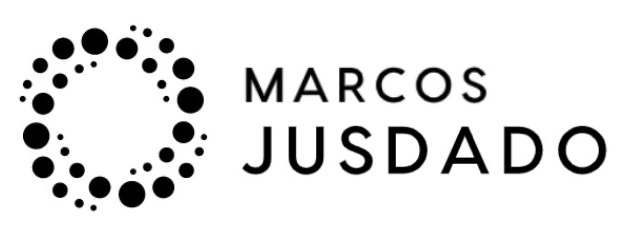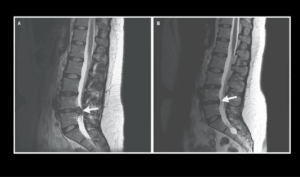Feeling dizzy, unstable, or like the world is spinning? You’re not alone.
Vertigo and vestibular hypofunction are two common yet misunderstood causes of chronic imbalance. Although they share some symptoms, their origin and treatment can differ significantly.
As a physiotherapist in Dubai specialized in nervous system-based therapy, I help patients understand where their imbalance comes from—and how to fix it without medication or surgery.
Let’s clarify the difference between vertigo and vestibular hypofunction so you can take the right next steps for your recovery.
What Is Vertigo?
Vertigo is the sensation that you or your environment is spinning, even when you are standing still. It’s not a diagnosis but a symptom, usually linked to issues in the inner ear or brain.
Common causes of vertigo include:
- Benign Paroxysmal Positional Vertigo (BPPV)
- Inner ear infections or inflammation
- Meniere’s disease
- Vestibular migraines
- Concussions or head injuries
Vertigo episodes may come suddenly and often involve:
- Spinning sensations
- Nausea or vomiting
- Eye movement abnormalities (nystagmus)
- Difficulty walking or standing
What Is Vestibular Hypofunction?
Vestibular hypofunction means reduced or lost function of one or both inner ear balance systems. Instead of sudden spinning, the symptoms are more subtle but chronic:
- Persistent unsteadiness
- Difficulty walking in the dark or on uneven surfaces
- Motion sensitivity
- Fatigue, especially after visually demanding tasks
- Brain fog or trouble concentrating
It can develop after a virus, a blow to the head, or sometimes without a clear cause.
How to Know the Difference?
| Symptom | Vertigo | Vestibular Hypofunction |
|---|---|---|
| Spinning sensation | Yes | Rare or absent |
| Sudden onset | Often | Usually gradual |
| Loss of balance | Severe during episode | Constant low-grade unsteadiness |
| Motion sensitivity | Sometimes | Very common |
| Brain fog | Rare | Frequent |
A proper clinical assessment can identify the root cause and guide specific treatment.
Why Diagnosis Matters
Both vertigo and vestibular hypofunction are related to the vestibular system, but they require different rehabilitation approaches.
Treating vertigo often involves maneuvers like the Epley, while vestibular hypofunction needs specific retraining of gaze stability, head movement coordination, and balance control.
Misdiagnosing or ignoring the symptoms can prolong recovery and lead to anxiety, chronic fatigue, or even depression.
The Good News: Your Brain Can Adapt
Thanks to neuroplasticity, the brain can compensate for vestibular loss or dysfunction with the right stimulation. Vestibular rehabilitation therapy helps:
- Recalibrate your sense of balance
- Improve gaze stability
- Reduce symptoms like fogginess or disorientation
This is not about “masking” the problem—it’s about retraining your brain to find its balance again.
Ready to Regain Your Balance?
If you’re tired of feeling unsteady or dizzy, don’t wait. A proper vestibular assessment can reveal what’s really happening and start your journey toward confident movement again.
Book an evaluation in Dubai or reach out for an online consultation to find the root of your imbalance, and a plan to fix it naturally.











